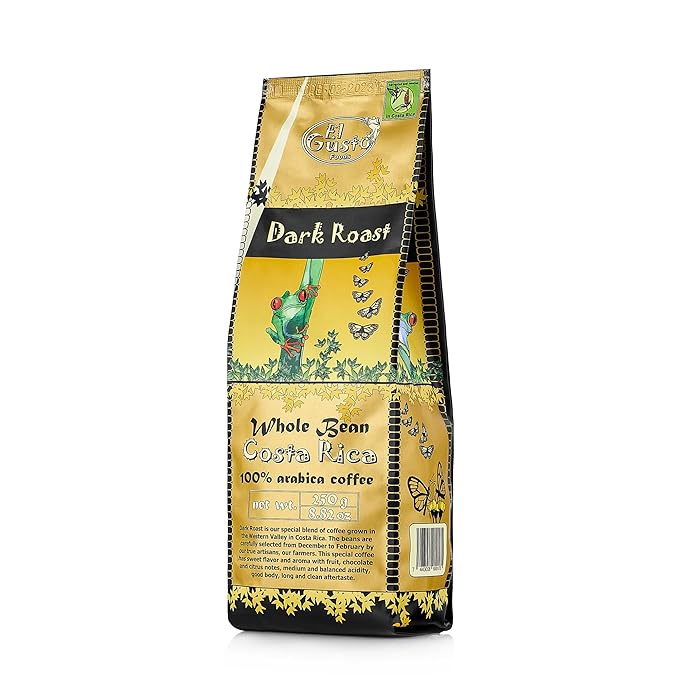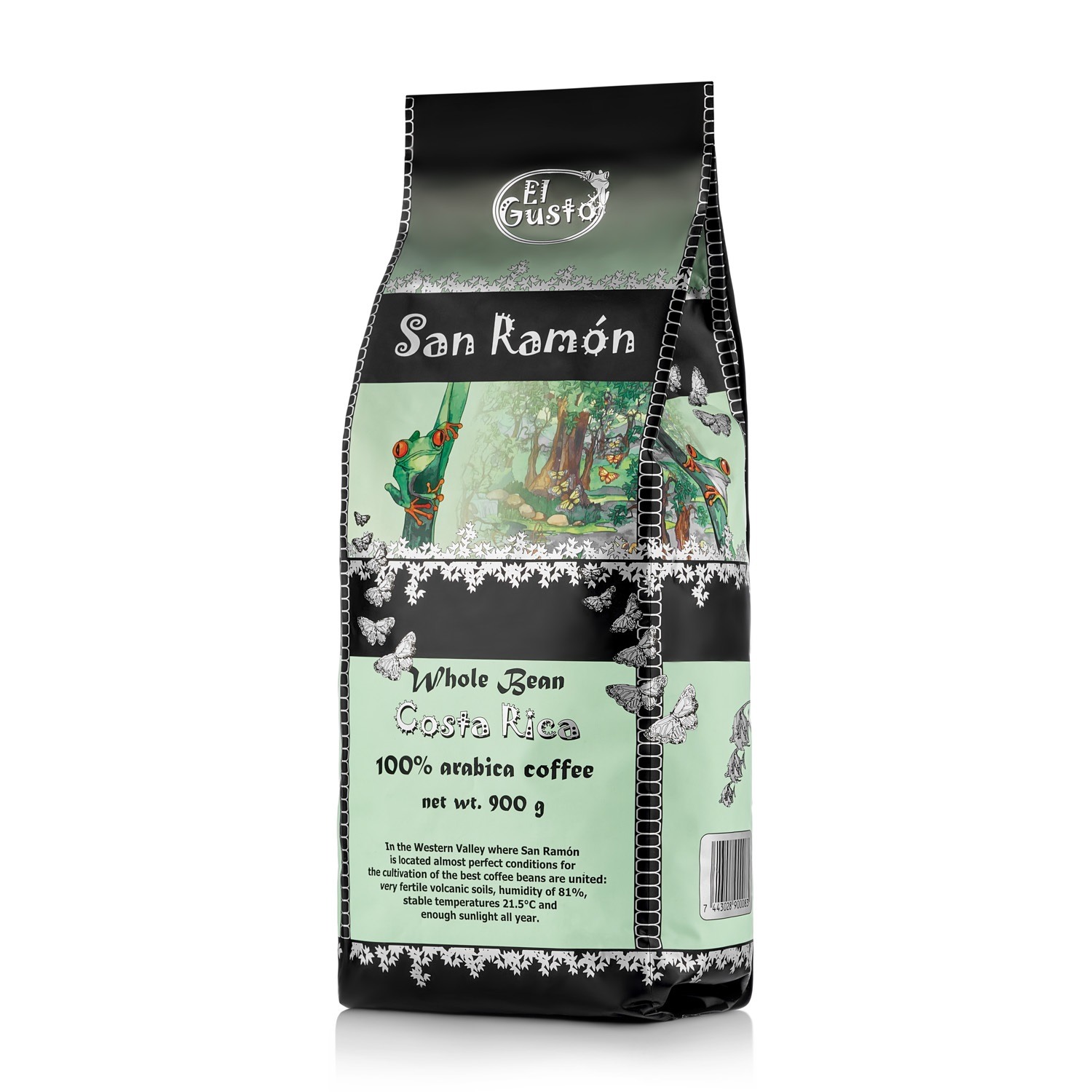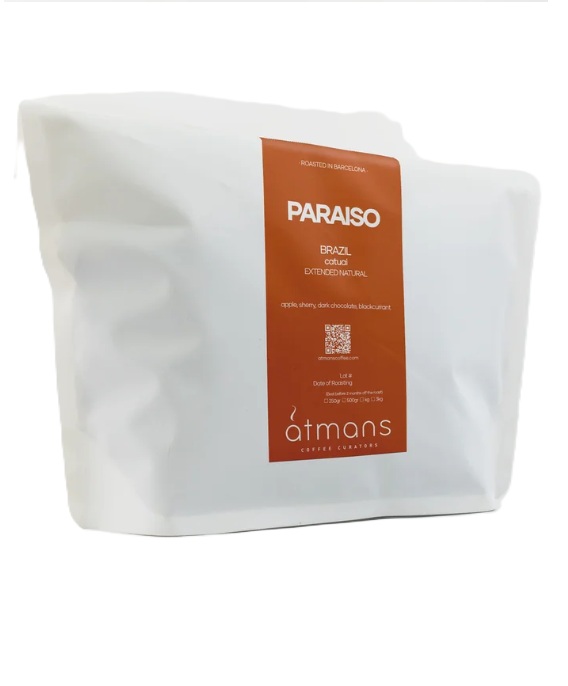
Zero-Waste Coffee Brewing: A Sustainable Guide for Coffee Lovers
Table of Contents
- The Environmental Impact of Coffee Waste
- Essential Zero-Waste Coffee Brewing Methods
- 1. French Press
- 2. Pour-Over with a Reusable Filter
- 3. AeroPress with a Metal Filter
- 4. Espresso Machines with Refillable Pods
- 5. Cold Brew with a Mason Jar
- Sustainable Coffee Sourcing
- Repurposing Coffee Grounds
- 1. Natural Fertilizer
- 2. Homemade Scrubs
- 3. Odor Neutralizer
- 4. Composting
- Reducing Waste in Coffee Shops
- Conclusion
Zero-Waste Coffee Brewing: A Sustainable Guide for Coffee Lovers
- Adam Smith
- 17-02-2025
- 17-02-2025
- 1401 views
- Coffee Tips

Coffee is an integral part of many people’s daily routines. However, traditional coffee brewing methods often generate significant waste, from disposable cups to used coffee grounds. Adopting a zero-waste approach to coffee brewing minimizes environmental impact while enhancing the coffee experience. This guide explores sustainable methods for brewing coffee, eco-friendly alternatives, and how to repurpose waste.
The Environmental Impact of Coffee Waste
Every year, millions of coffee cups, plastic stirrers, filters, and single-use pods end up in landfills. Additionally, coffee production itself requires vast amounts of water and energy. By choosing sustainable practices, coffee lovers can help reduce carbon footprints and promote environmental conservation.
Essential Zero-Waste Coffee Brewing Methods
1. French Press
A French press eliminates the need for paper filters and single-use plastic. It’s a durable, cost-effective method that produces rich and full-bodied coffee.
2. Pour-Over with a Reusable Filter
Using a stainless steel or cloth filter for pour-over coffee prevents paper waste while maintaining a high-quality brew. Brands like Chemex and Hario offer eco-friendly filter options.
3. AeroPress with a Metal Filter
AeroPress is a compact and travel-friendly brewing method. Using a reusable metal filter instead of paper enhances sustainability.
4. Espresso Machines with Refillable Pods
Single-use coffee pods contribute significantly to landfill waste. Opting for reusable pods allows coffee lovers to enjoy their favorite espresso blends without generating excessive waste.
5. Cold Brew with a Mason Jar
Cold brew coffee is easy to make at home using a mason jar and a fine-mesh strainer. This method eliminates disposable packaging and ensures a smooth, low-acid coffee experience.
Sustainable Coffee Sourcing
Choosing ethically sourced coffee supports farmers and reduces environmental damage. Look for certifications such as:
- Fair Trade: Ensures farmers receive fair wages.
- Rainforest Alliance: Promotes biodiversity and sustainable farming practices.
- Organic: Grown without synthetic pesticides or fertilizers.
Repurposing Coffee Grounds
Instead of discarding used coffee grounds, consider the following eco-friendly uses:
1. Natural Fertilizer
Coffee grounds are rich in nitrogen, making them an excellent fertilizer for gardens. They enhance soil quality and deter pests.
2. Homemade Scrubs
Used coffee grounds work as an exfoliant, removing dead skin cells while providing antioxidants.
3. Odor Neutralizer
Placing dried coffee grounds in a dish helps absorb unwanted odors in the refrigerator, garbage bins, or shoes.
4. Composting
Adding coffee grounds to a compost pile improves decomposition and nutrient content.
Reducing Waste in Coffee Shops
If you frequently visit coffee shops, implement these sustainable habits:
- Bring a Reusable Cup: Many cafes offer discounts for customers who bring their own cups.
- Avoid Single-Use Accessories: Say no to plastic lids, stirrers, and straws.
- Support Sustainable Cafés: Choose coffee shops that prioritize sustainability and ethical sourcing.
Conclusion
A zero-waste coffee routine is simple and impactful. By choosing sustainable brewing methods, sourcing ethical beans, and repurposing waste, coffee lovers can enjoy their favorite beverage while reducing their environmental footprint. Small changes in daily habits contribute to a healthier planet, ensuring coffee remains a sustainable pleasure for future generations.






















